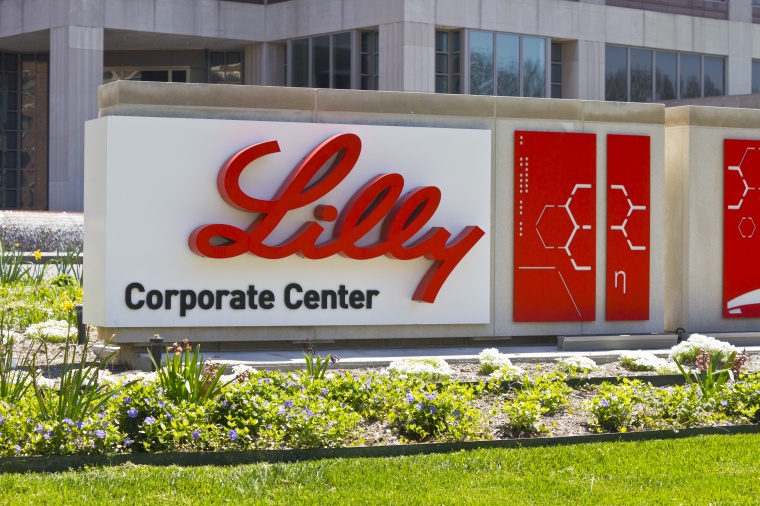Eli Lilly to Buy Loxo for $8 Billion

In the latest move by “big pharma” to buy into cancer-focused biotechs, US drugmaker Eli Lilly is acquiring Loxo Oncology for about $8 billion in cash. The plans were announced on Jan. 7, the first day of the J.P. Morgan Healthcare Conference, which focuses on biopharma.
The value of the offer totals $235 per share and represents a premium of about 68% to Loxo's closing price on Jan.5.
Lilly said it will update its financial outlook to include the full purchase price when it announces its Q4 2018 earnings next month. The cost of cash was already worked into its guidance for fiscal year 2019, the company said.
Loxo Oncology's first commercial medicine, the TRK inhibitor Vitrakvi, is the first drug approved by the US Food and Drug Administration (FDA), to target tumors according to a genetic abnormality rather than the location of the cancer.
The treatment, which has been shown effective against a wide variety of cancers driven by a single, rare genetic mutation, is sold in partnership with Bayer. Lilly’s president for oncology, Anne White, told analysts the company plans to continue the collaboration with the German drugmaker, building on the strength of what Loxo has already achieved.
Loxo and Bayer won FDA approval for Vitrakvi in November 2018, and launched it at price of $400,000 per year. This includes provisions for a full refund to payers if patients fail to respond within 90 days.
The biotech’s pipeline includes an array of medicines of targeted at such cancers that can be detected by genomic testing. Along with Vitrakvi, Lilly will gain access to a follow-up TRK inhibitor, an oral BTK inhibitor and an RET inhibitor, LOXO-292. The latter has received breakthrough therapy designation from the FDA in some patients with RET thyroid cancer and non-small cell lung cancer.
The Lilly acquisition comes on the heels of Bristol-Myers Squibb’s announcement of plans to buy Celgene for $74 billion. The cash-and-stock transaction values the US biotech at around $90 billion, including debt, making it the largest healthcare deal on record, according to financial data company Refinitiv.






